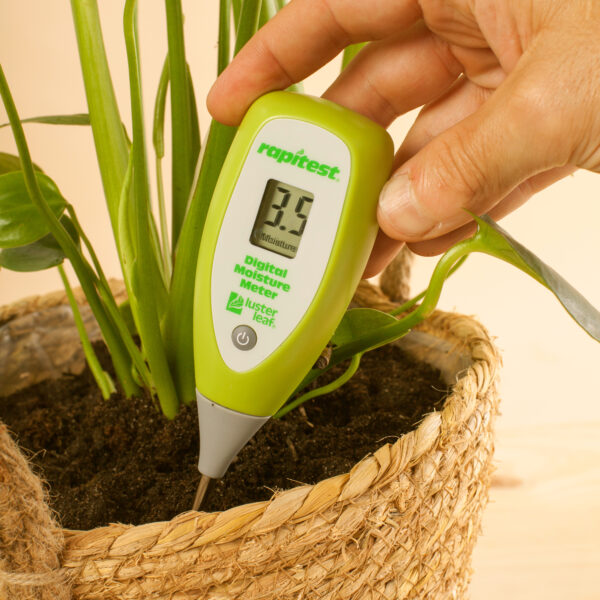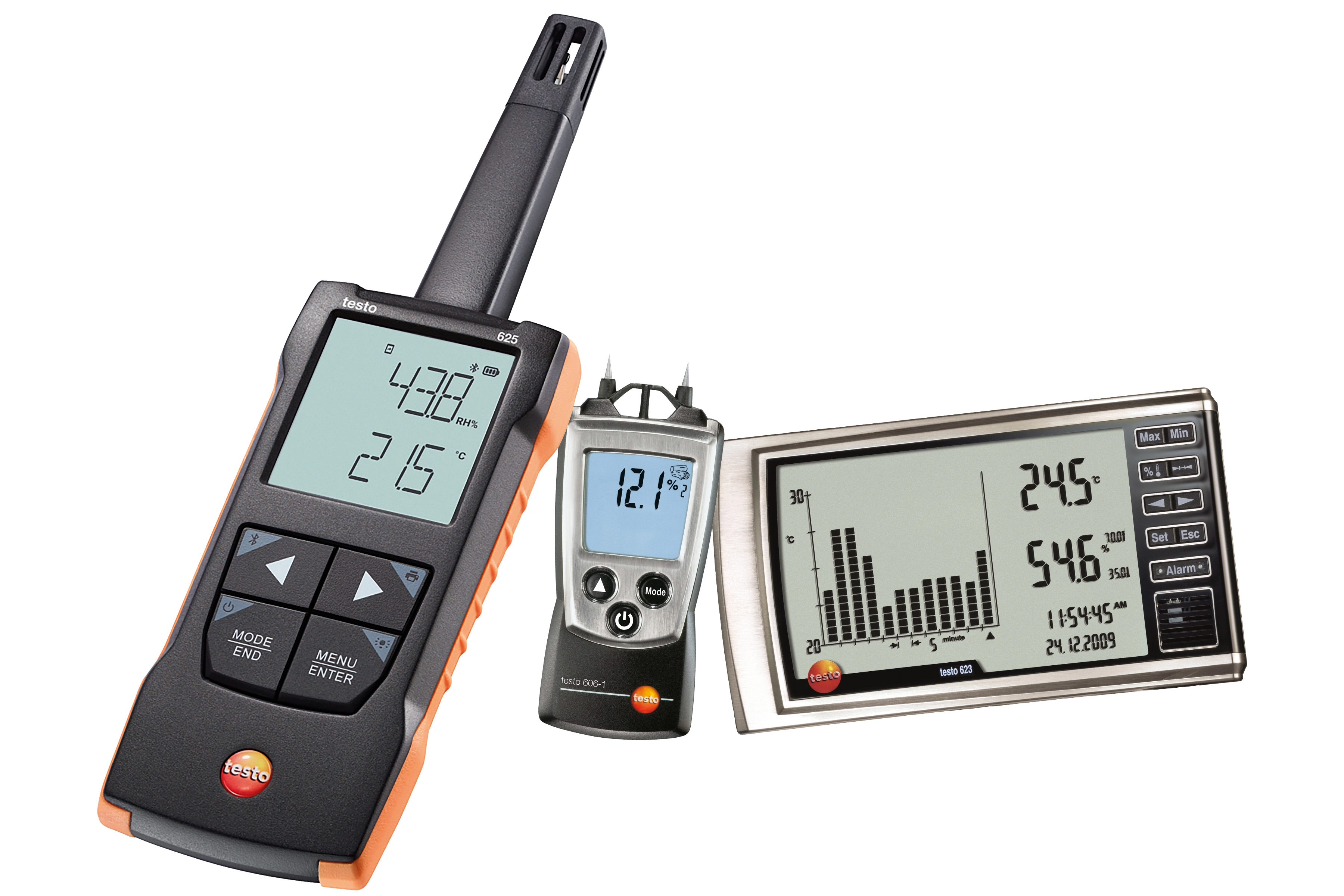Why Every Home Owner Needs a Moisture Meter: Trick Advantages and Functions
Why Every Home Owner Needs a Moisture Meter: Trick Advantages and Functions
Blog Article
The Ultimate Guide to Wetness Meters: A Comprehensive Introduction and How They Can Conserve You Money
In the realm of building upkeep, construction, and various markets, the significance of properly determining wetness degrees can not be overemphasized. Wetness meters function as indispensable tools in spotting and checking moisture material in products, assisting in preventing costly problems and ensuring the quality of products. Recognizing the nuances of various kinds of moisture meters, their applications, and the potential cost-saving benefits they supply can be a game-changer for organizations and experts alike. Finding how these gadgets can not just enhance processes however additionally add to financial cost savings is a trip worth beginning on.
Kinds Of Moisture Meters
Different types of dampness meters are available for various applications in various markets. One typical kind is the pin-type moisture meter, which measures the electrical resistance between two pins put right into a material. This type appropriates for wood, drywall, and other building products. Pinless moisture meters, on the other hand, usage electro-magnetic sensing unit plates to scan a larger area without triggering damages to the material's surface area. Moisture Meter. These meters are suitable for quickly analyzing wetness degrees in huge areas such as walls and floors.

Infrared moisture meters measure the thermal residential properties of a product to determine its dampness content non-invasively, making them valuable for applications where pin or pinless meters might not be suitable. Understanding the different types of moisture meters available can aid markets choose the most appropriate device for their specific wetness dimension requirements.

Benefits of Using Wetness Meters
Moisture meters use very useful benefits in precisely analyzing and keeping track of dampness levels in varied products and environments. One of the key benefits of using wetness meters is the avoidance of potential damages caused by excess moisture.
In addition, making use of dampness meters can lead to boosted power effectiveness. In farming setups, dampness meters play an important duty in enhancing crop returns by making it possible for farmers to keep an eye on dirt wetness degrees and make informed irrigation choices.
Exactly How to Choose the Right Wetness Meter
Choosing the ideal moisture meter entails taking into consideration crucial aspects such as material compatibility, measurement variety, and calibration precision. When selecting a wetness meter, it's important to make certain that the meter is appropriate for the specific material you will be testing. Various products have differing electric homes that can influence moisture analyses, so picking a meter made for your material is important for exact results. In addition, think about the measurement variety of the moisture meter. Make sure that the meter can detect moisture degrees within the array needed for your applications. Calibration accuracy is another crucial aspect to maintain in mind. Opt for a dampness meter with dependable calibration to make certain precise and constant readings. Some meters may need routine calibration modifications, so comprehending the calibration process is necessary. By thoroughly reviewing these factors, you can pick a dampness meter that fulfills your needs and offers precise wetness dimensions for your projects.
Appropriate Methods for Moisture Meter Use

Price Cost Savings With Moisture Meter Applications
Just how can the calculated usage of wetness meters lead to considerable price savings throughout different markets? In the agriculture industry, dampness meters help in determining the optimum time for collecting plants, avoiding excess or over-drying wetness that can influence the final item's high quality.
Likewise, in building and construction, wetness meters assist protect against expensive damages by identifying dampness levels in building materials, such as timber or concrete, which can cause architectural issues otherwise addressed immediately. By determining trouble locations early, contractors can take corrective measures to avoid comprehensive repair services or substitutes, ultimately conserving money and time.
Furthermore, in the food handling industry, moisture meters are necessary for checking item quality more information and guaranteeing conformity with safety and security policies. By precisely measuring wetness material in food, suppliers can avoid spoilage, maintain freshness, and reduce waste, leading to considerable expense savings. On the whole, the calculated application of dampness meters is a beneficial financial investment that can cause substantial price reductions and improved performance across numerous sectors.
Final Thought
In final thought, dampness meters are valuable tools for measuring and discovering wetness degrees in various products. By making use of the appropriate wetness meter and adhering to proper methods, users can properly prevent pricey problems created by excess wetness.
Wetness meters offer as important devices in spotting and checking moisture web content in products, helping in preventing expensive problems and making sure the quality of items. Infrared dampness meters determine the thermal properties of a product to determine its moisture content non-invasively, making them valuable for applications where pin or pinless meters may not be suitable.Dampness meters use important benefits in properly evaluating and keeping track of moisture levels in varied materials and environments. In agricultural settings, moisture meters play an essential duty in optimizing crop returns by allowing farmers to monitor dirt dampness degrees and make informed irrigation decisions.In conclusion, dampness meters are valuable devices Full Article for gauging and discovering dampness degrees in various materials.
Report this page